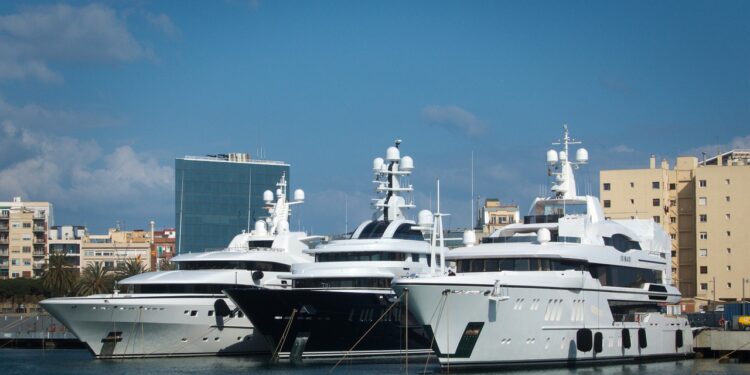I watched a video online where a Nigerian consumer was lamenting about the inflated cost of inhalers made by GSK.
In the video, he said the inhaler’s price had increased from about N1,500 to N8,500. he wanted the Government in Nigeria to take specific actions, amongst which was to bring back the company which had left the Nigerian market.
I decided to look at this closely. On Amazon, the cost of a Ventolin Hfa (60 Actuations / 8 Gram), 90 MCG Inhaler is $24 as of November 16th. Let us assume $1: N1000; this inhaler should cost N25,000.
Let us mark this up by 50% to cover import duty, transportation, finance, etc. It now costs N37,500. How many can afford this?
The minimum wage is N35,000. However, “with Insurance,” the cost on Amazon drops to $4, or N4000. If we mark up by 50%, it is N6,000.
Who pays insurance?
In America, you mostly get insurance through your employer; you could make a co-pay (depending on the plan). Like Nigeria, under the NHIS, an employer will contribute 10% of the basic monthly salary of an employee while an employee contributes 5%. What if you are unemployed with no income?
This is where the government’s safety net comes in; the FGN can grant States a fund to cover means-tested individuals who do not earn enough to pay medical costs, e.g., a program like Medicaid. Thus, poor folks could afford medical care without a high income.
So, it is a choice;
a responsible government can fund public health in many ways: it can subsidize GSK to return via tax waivers, it can scrap all duties and levies for medical costs, and offer vouchers to enable citizens to buy these drugs locally at a subsidized price, many options are available.
At the inflated cost of N37500 per ventilator, a budget of N5b can buy 133,333 units. If you take $5m, which is our N5b to GSK, which makes the Ventolin inhalers, they will give you a great deal. Remember, you can buy generic brands for far less.
How will these subsidies be funded?
Via grants, taxes, levies and less wasteful spending, Nigeria luckily has hydrocarbons that are in high demand and can be exported to earn revenues to fund the healthcare subsidies.
The problem is not the cost of the inhalers but the will of the government to fund an entitlement program; Nigeria can afford to give GSK a rolling contract to supply subsidized ventolin or invite the company to invest in a factory with 25 25-year tax holidays to ensure its citizens get this vital product cheaper
The problem is that if the Nigerian Federal Government and the Legislative body are given a choice between buying 133,333 ventilators or a Yacht, they will buy a Yacht.
Nigeria has a spending problem, not a revenue problem.













Thank you Kalu for this piece.